Transcranial Stimulation Neurosciences Clinics
Transcranial magnetic stimulation, or TMS, is a non-invasive procedure. A coil is placed against the scalp, and it delivers magnetic pulses to the brain. The brain is made up of cells called neurons, which talk to each other through connections called synapses. When a TMS machine delivers repeated magnetic pulses, it changes how efficiently.. TMS (Transcranial Magnetic Stimulation) is a therapy for depression, OCD, addictions, and other mental health issues. The TMS machine sends high-frequency magnetic pulses to the region of the brain believed to be responsible for the disease. The therapy stimulates the brain and induces ‘neuroplasticity,’ or the brain’s capacity to repair and.
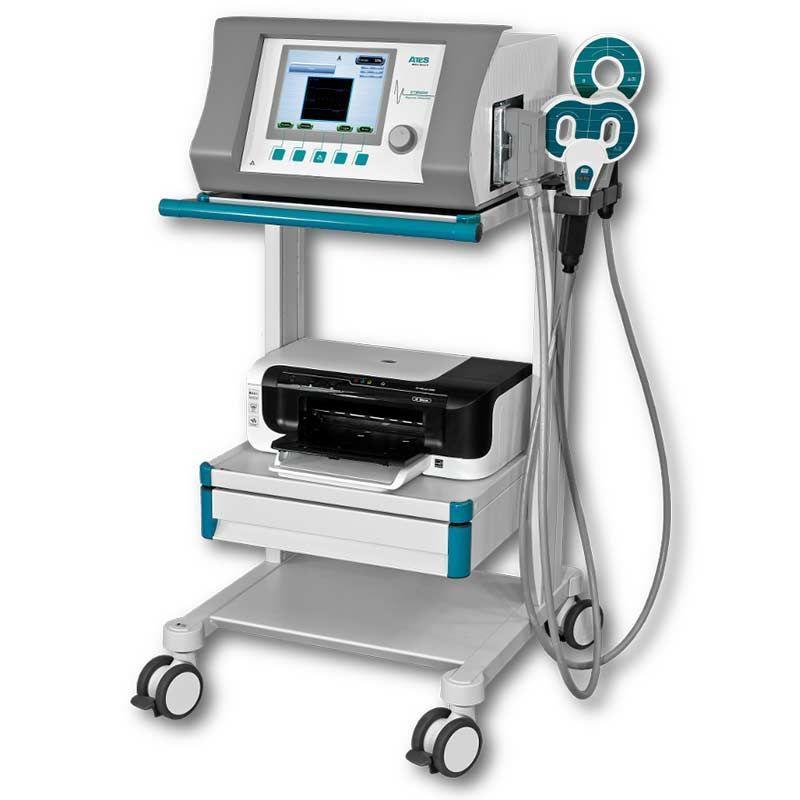
EB Neuro Transcranial Stimulator (TMS) Anxiety Treatment Device
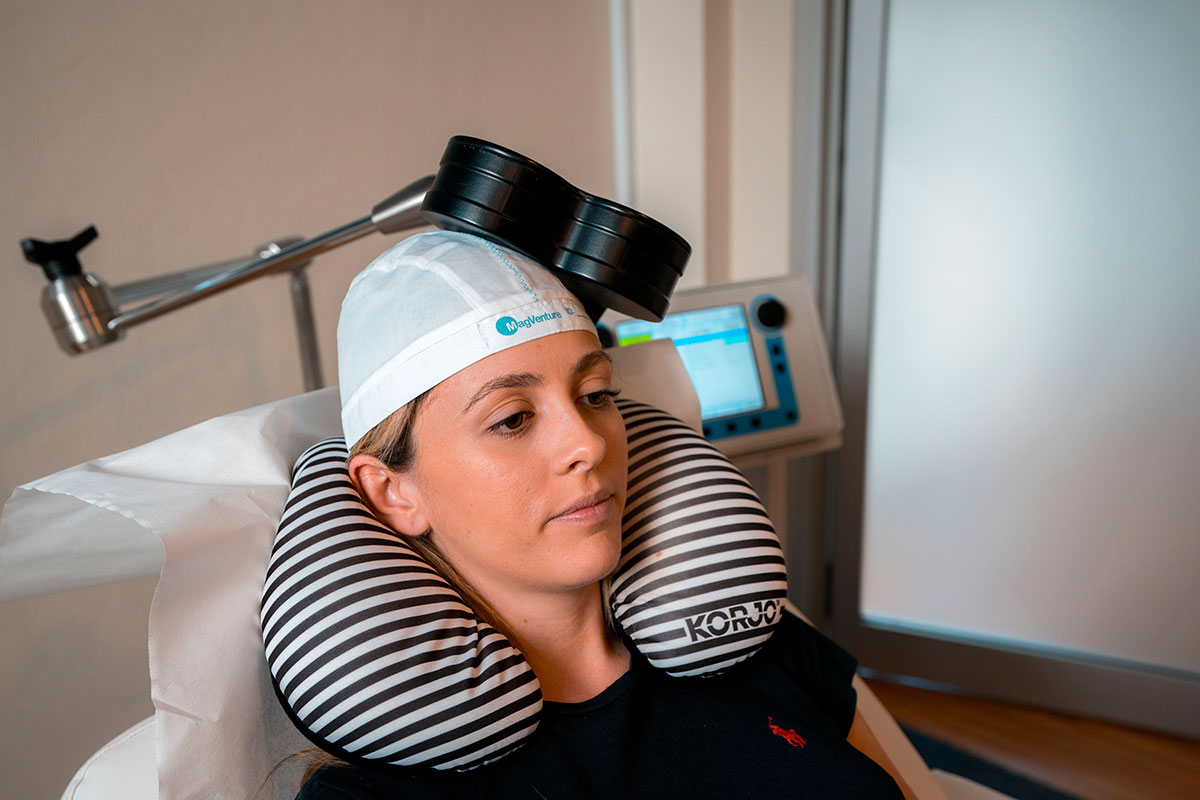
What is Transcranial Stimulation TMS Sydney TMS Clinics
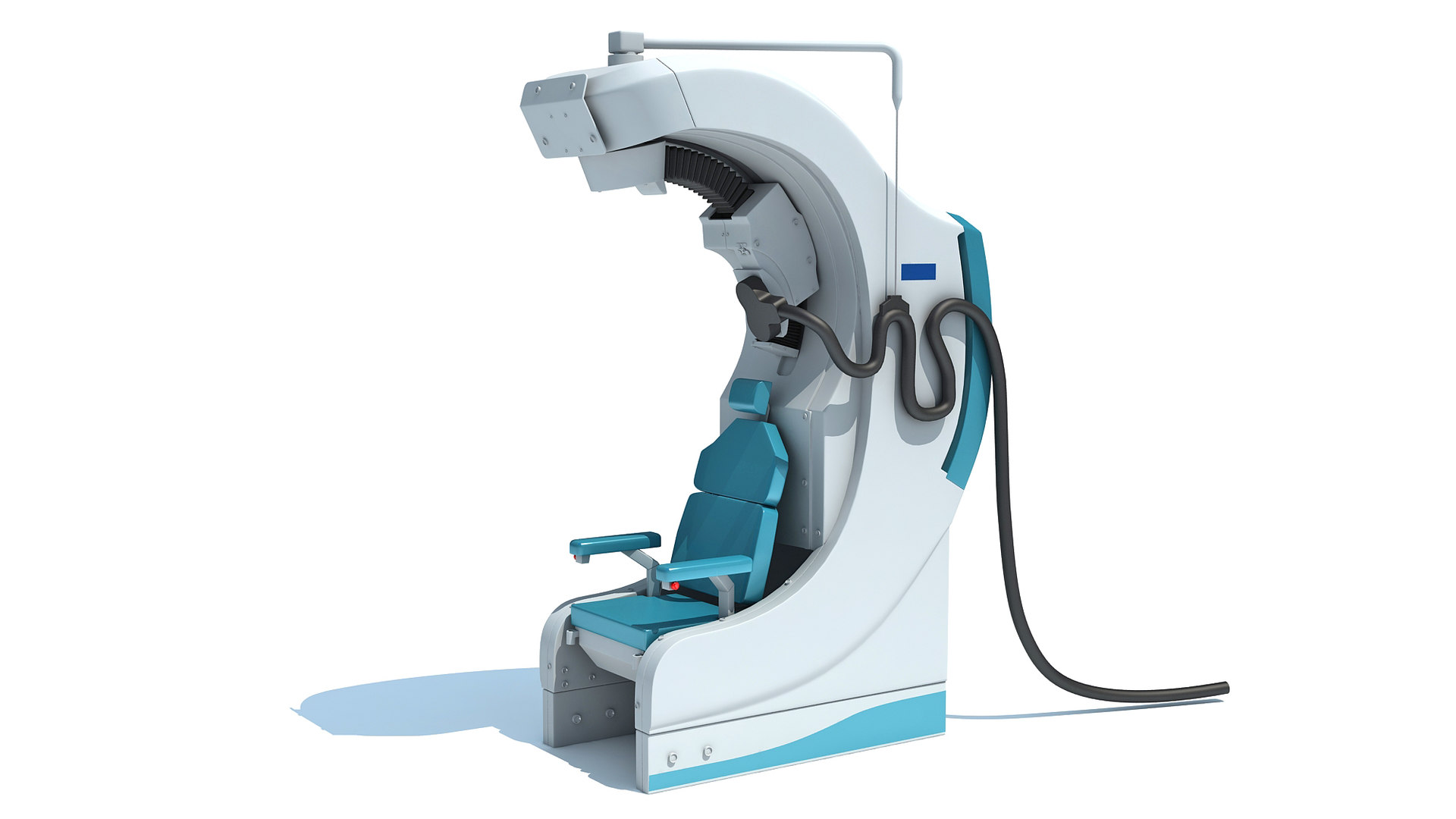
Transcranial stimulator medical equipment 3D model TurboSquid 1574815

Transcranial stimulation YouTube

Transcranial stimulation 50Hz Fast 220V TMS Machine Chronic Depression Treatment Device
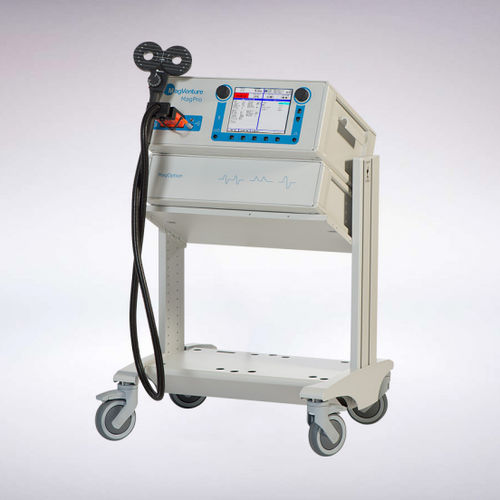
TMS + rTMS transcranial stimulator MagPro R30 MagVenture
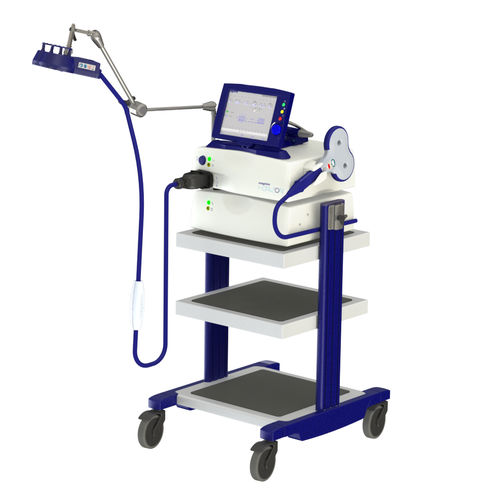
TMS + rTMS transcranial stimulator Horizon® Lite Magstim

Deep, transcranial stimulation for OCD FierceBiotech
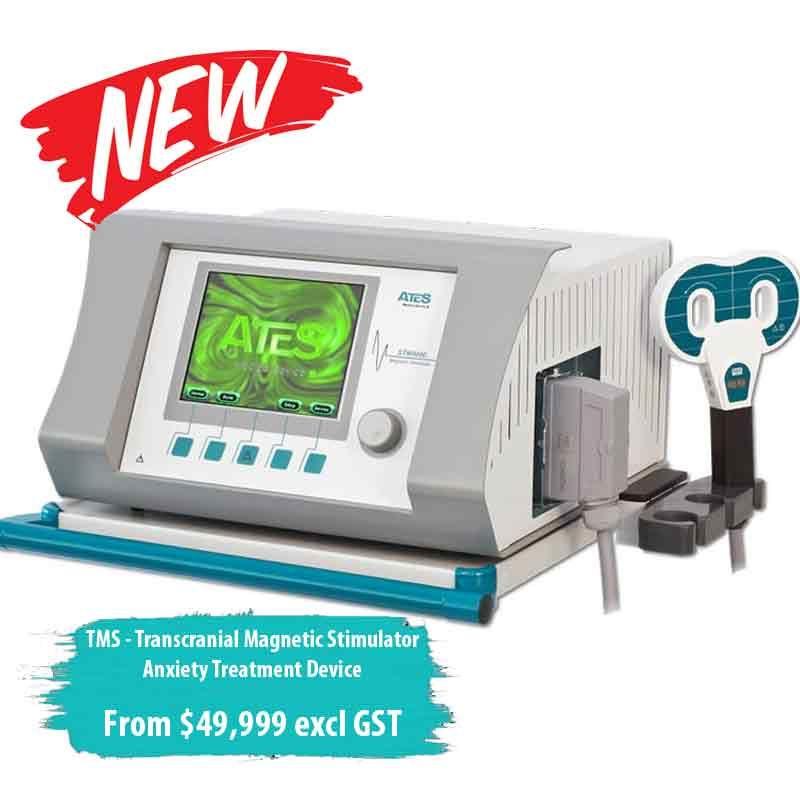
EB Neuro Transcranial Stimulator (TMS) Anxiety Treatment Device

Transcranial stimulation known as TMS now at Waratah and Toronto for depression
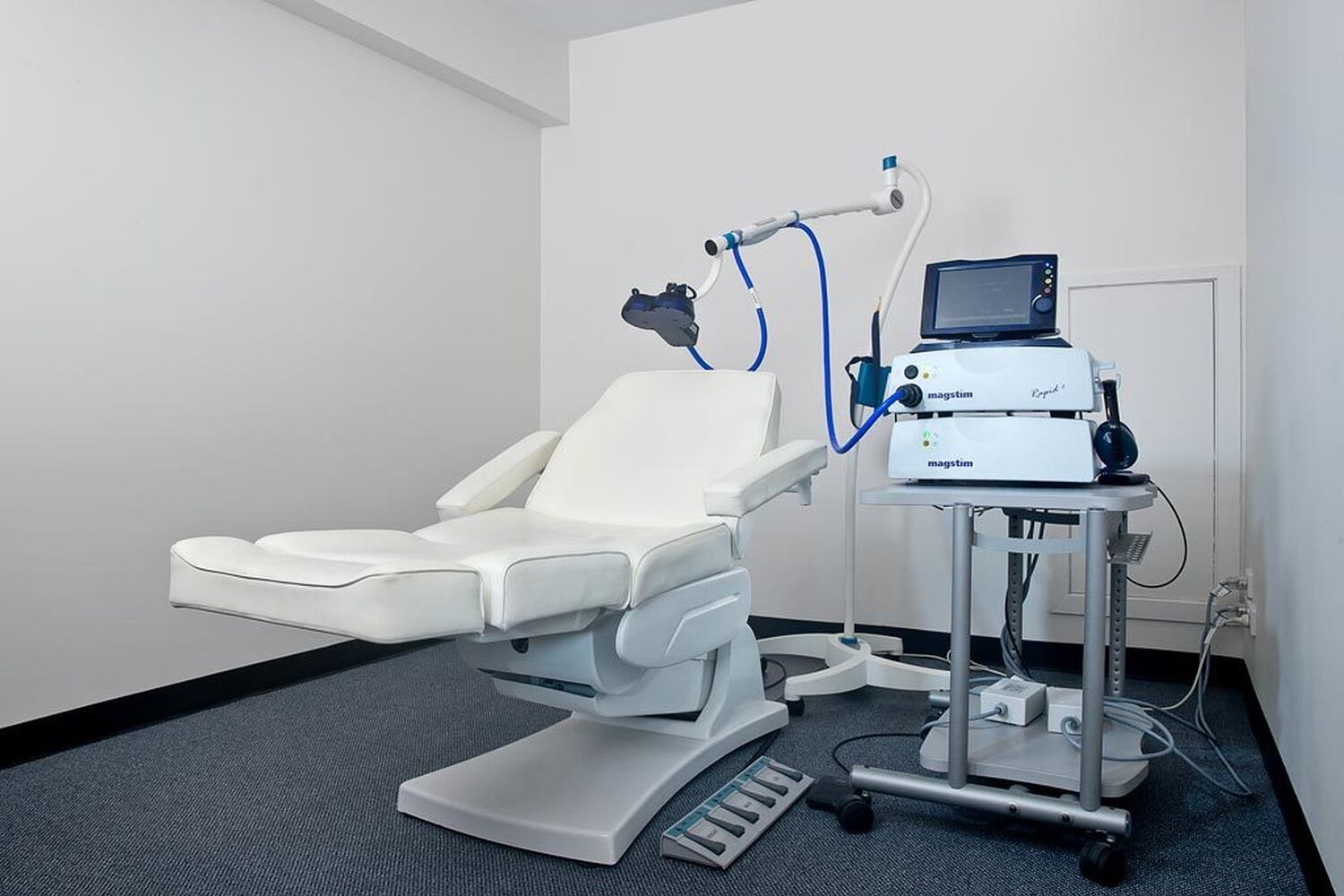
Repetitive Transcranial Stimulation Townsville Healthe Care

What is Transcranial Stimulation

Transcranial Stimulation Feasible for Functional Limb Weakness Neurology Advisor

MedStim Repetitive Transcranial Stimulation Machine, for Clinical and Hospital at best
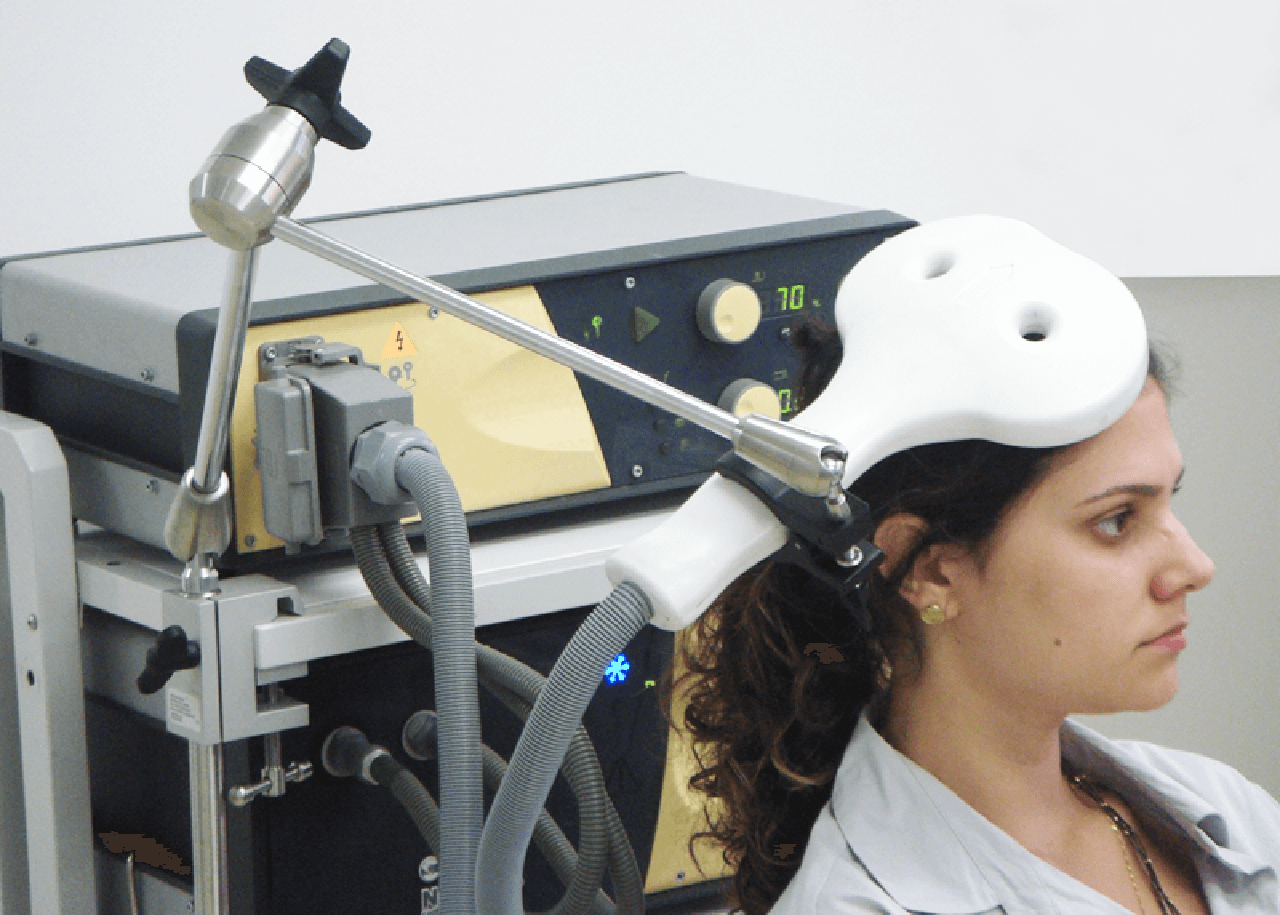
Transcranial Stimulation, the future of cerebral aging? Work for human longevity

Transcranial stimulation (TMS) Citta Clinic Canberra
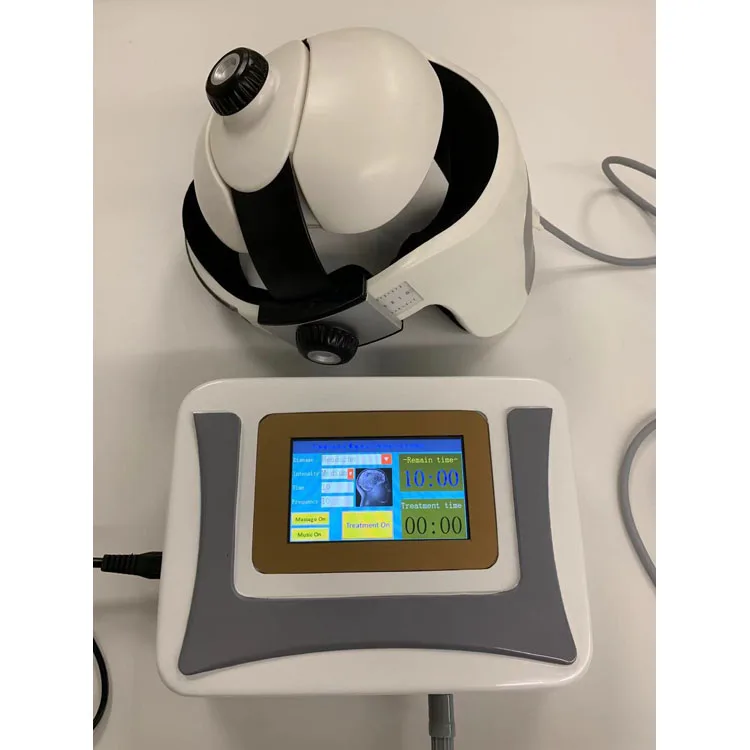
Therapy Equipment Transcranial Stimulation Rtms For Insomnia Buy Transcranial
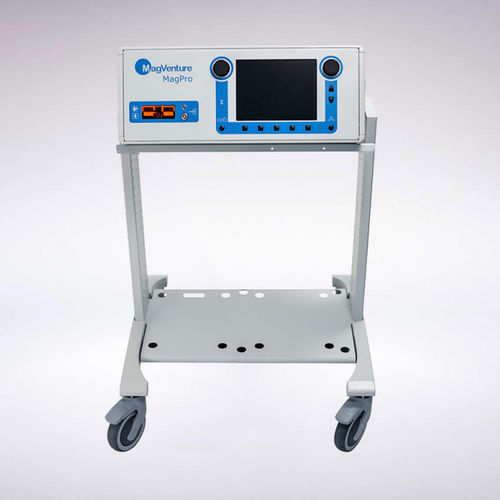
Transcranial stimulator MagPro R100 MagVenture
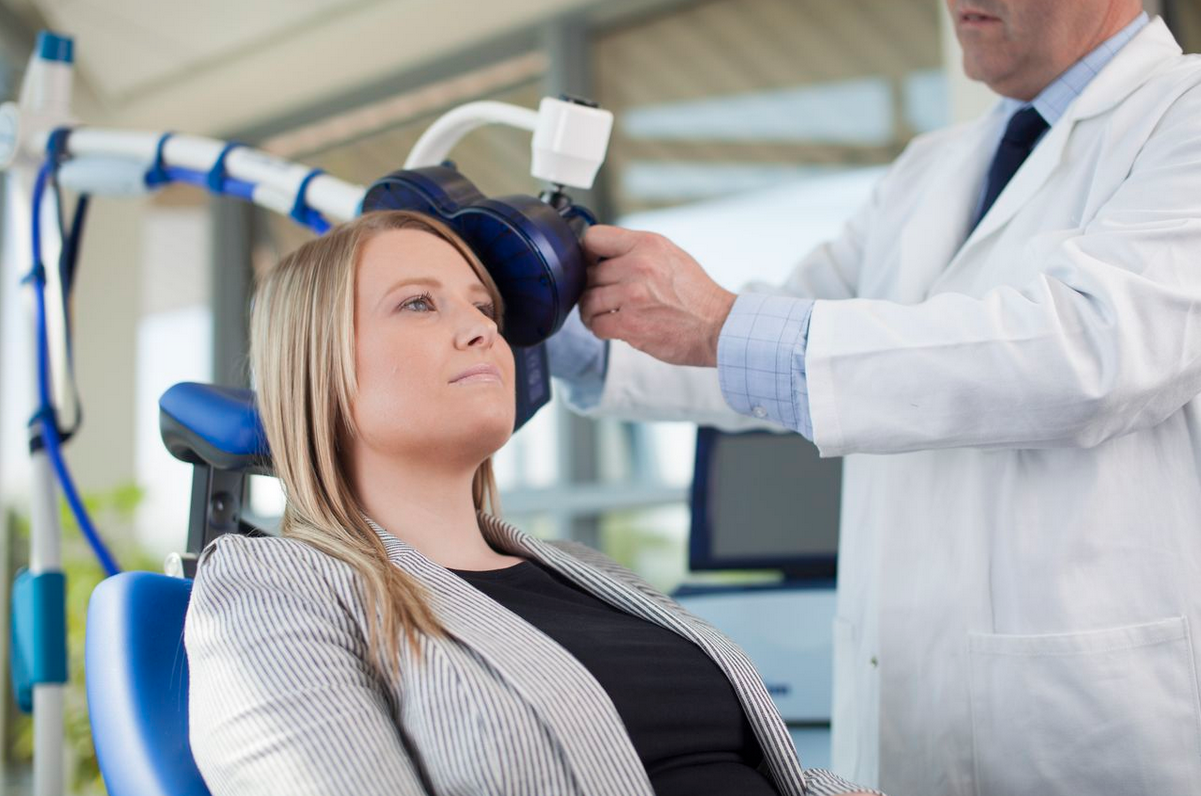
Meet rTMS Repetitive Transcranial Stimulation
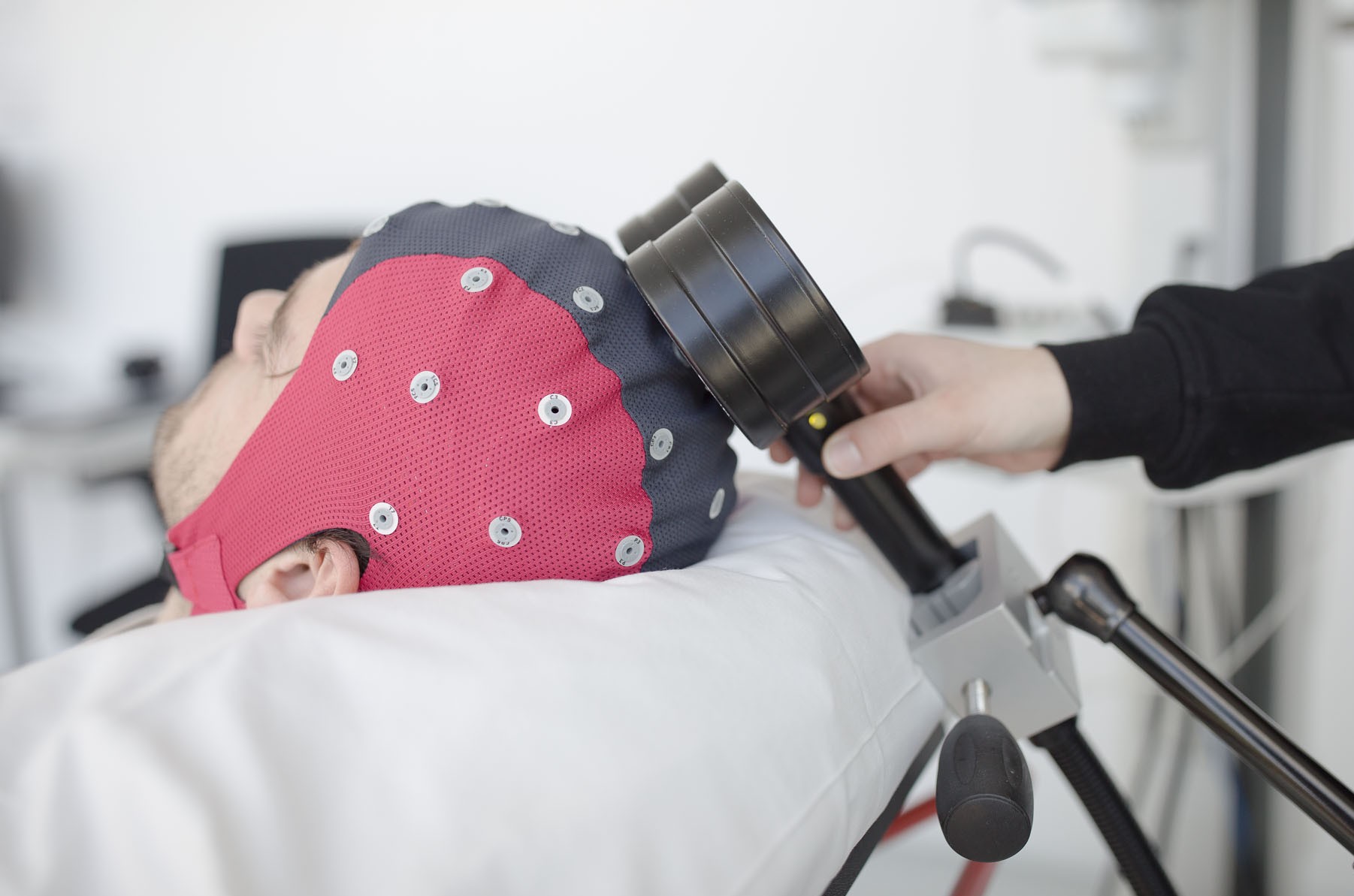
Transcranial stimulation (TMS) — CHDR
Transcranial magnetic stimulation (TMS) is a noninvasive brain stimulation and neuromodulation technique widely used in systems neurophysiology, cognitive neuroscience, and neuropsychiatry. Unlike other neuroimaging modalities, it is interventional and therefore able to establish causal relationships between brain activity and behavior.. Objective: Our previous research showed high predictive accuracy at differentiating responders from non-responders to repetitive transcranial magnetic stimulation (rTMS) for depression using resting electroencephalography (EEG) and clinical data from baseline and one-week following treatment onset using a machine learning algorithm. In particular, theta (4-8 Hz) connectivity and alpha power (8.


